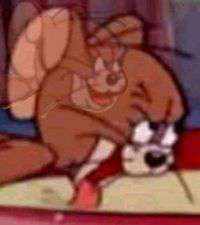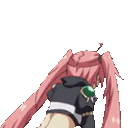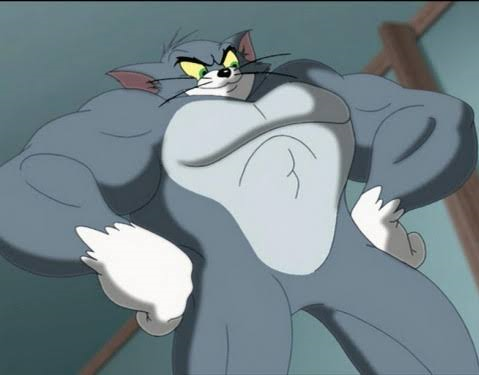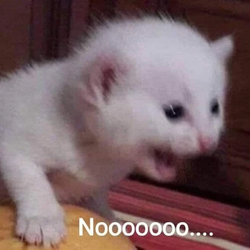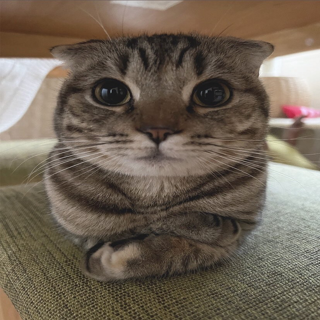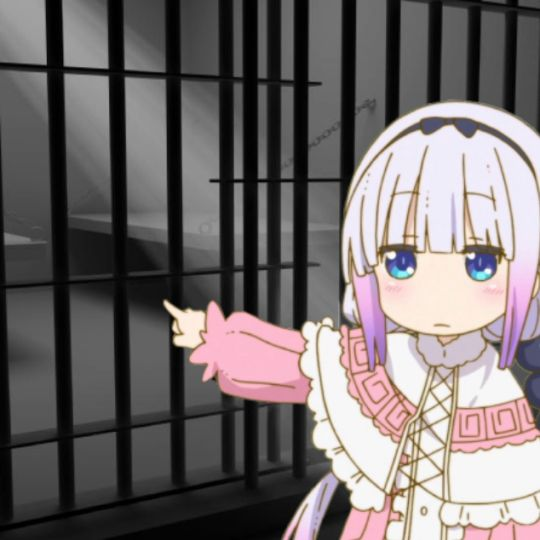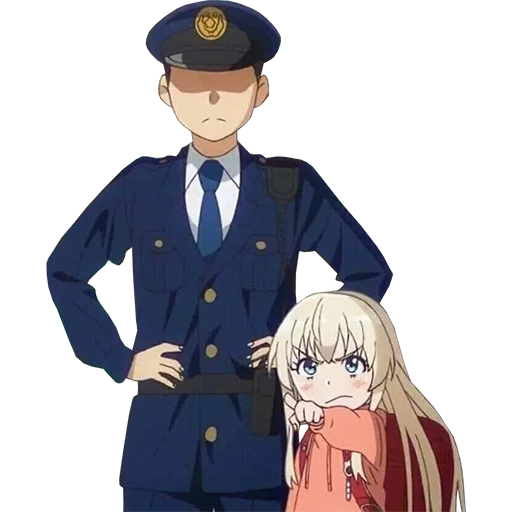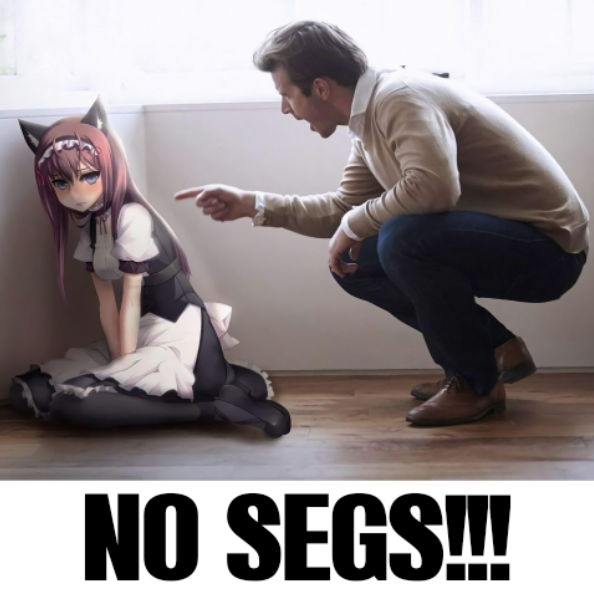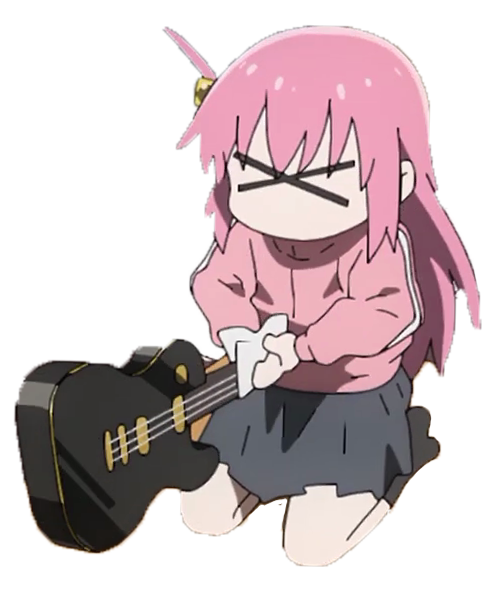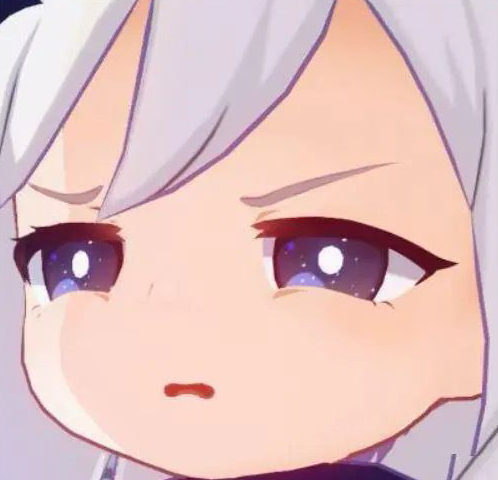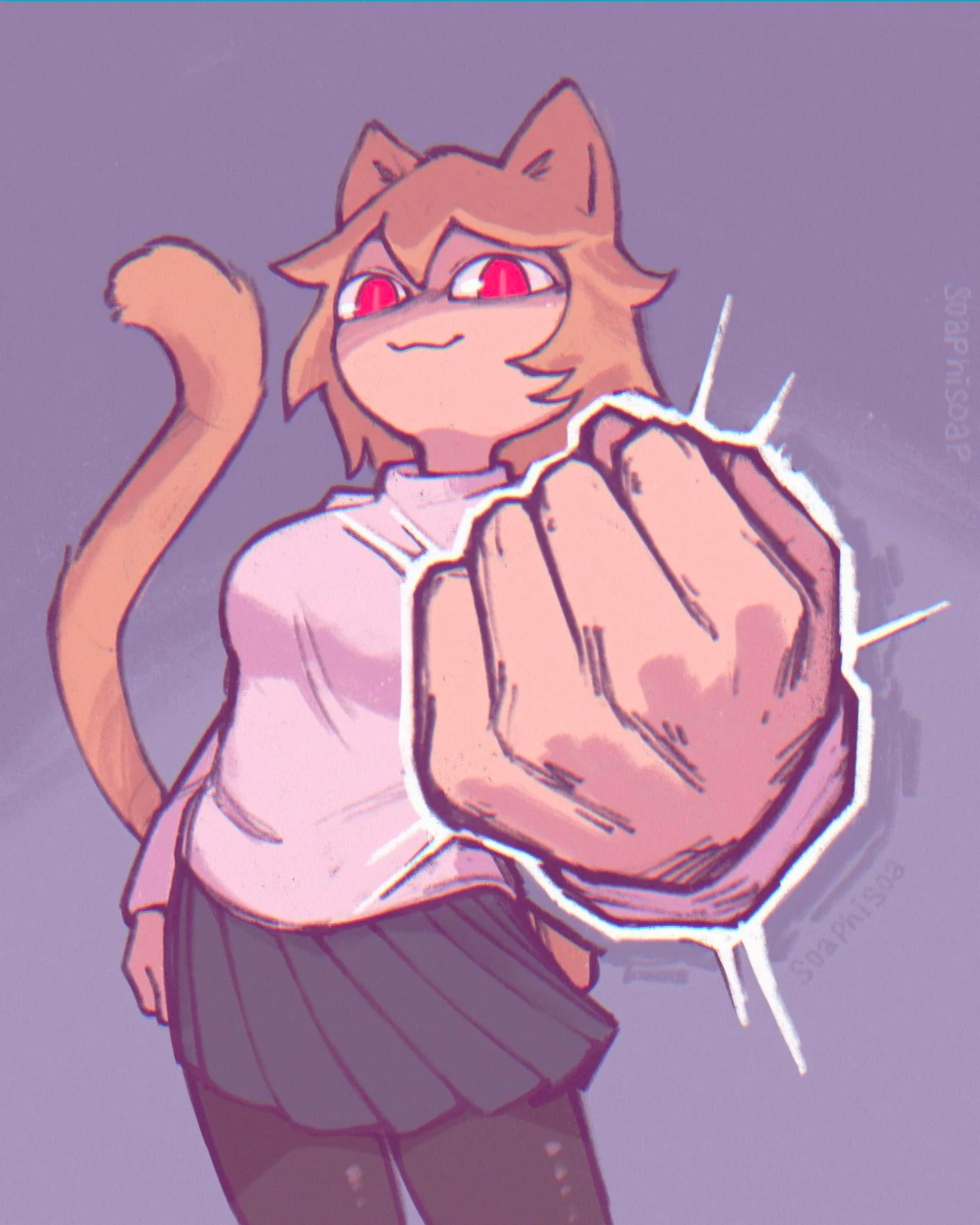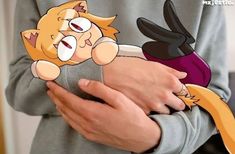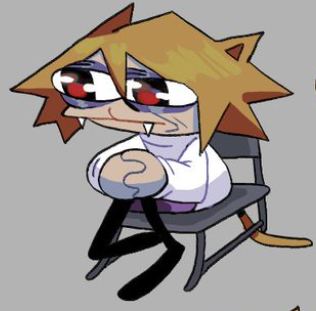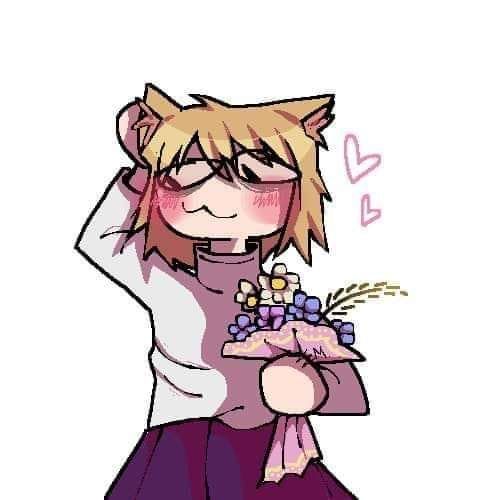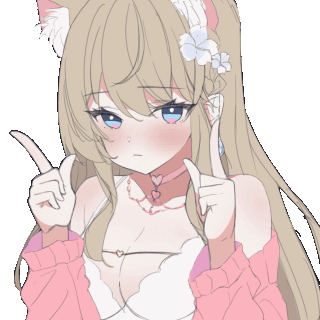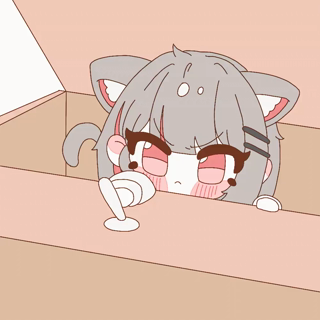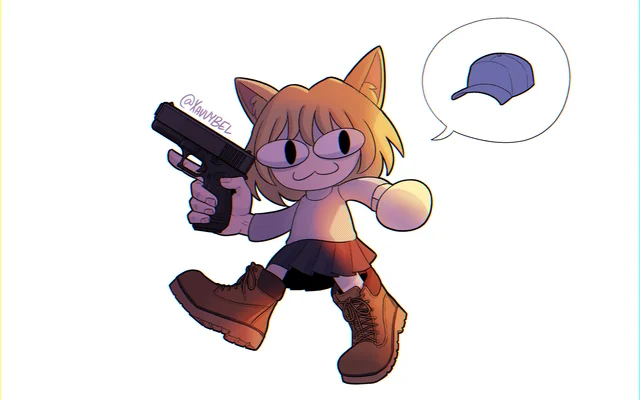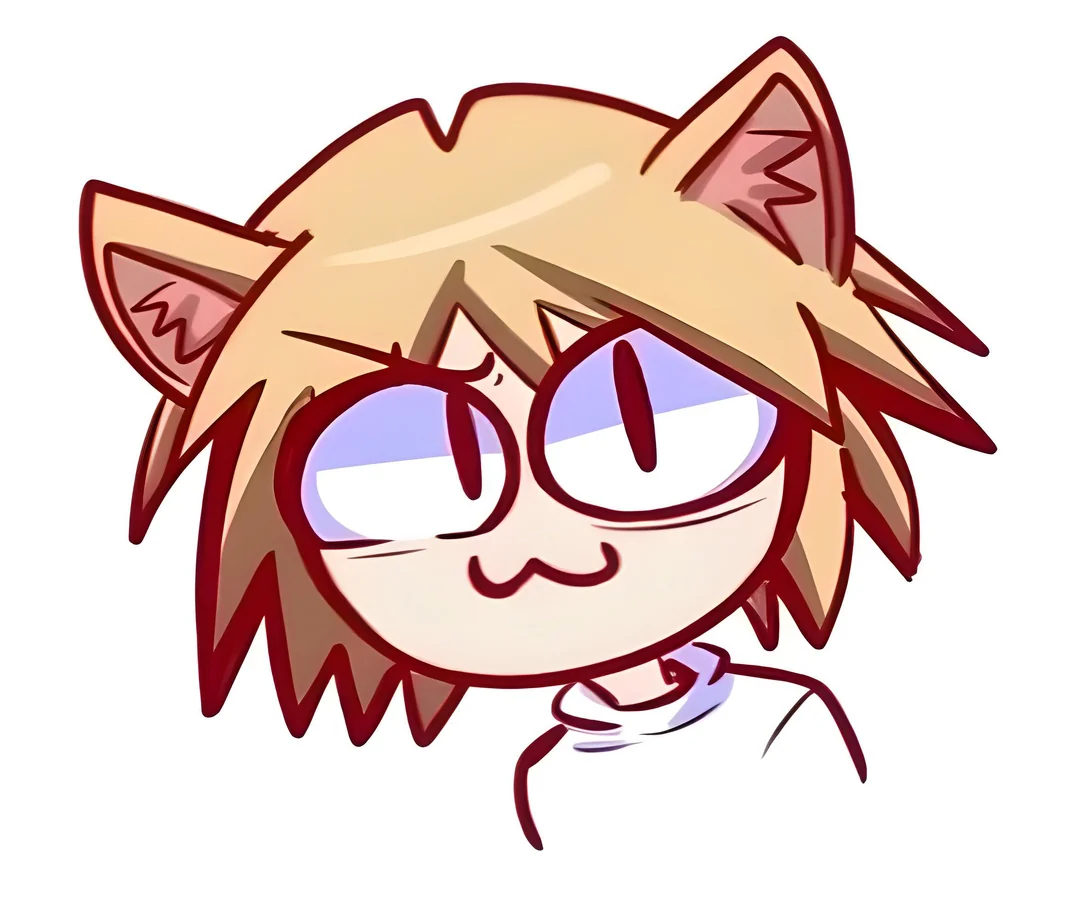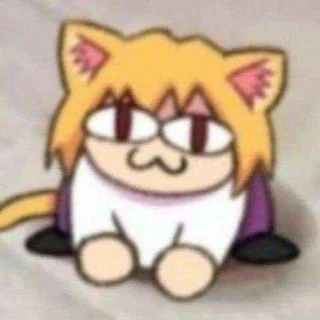Summoned by the Heretics – Even in Another World, the Zealot Who Worships Death Remains an Outcast - Vol 4 Chapter 86
- Home
- All
- Summoned by the Heretics – Even in Another World, the Zealot Who Worships Death Remains an Outcast
- Vol 4 Chapter 86 - "The Villain" (Vol 4: The Otherworldly Battlefield Arc)
Vol 4 Chapter 86: “The Villain” (Vol 4: The Otherworldly Battlefield Arc)
“I refuse.”
A prompt, cold response.
Without a flicker of emotion, Sukui answered the cleric who spoke passionately of humanity’s ultimate goal—the defeat of the Demon King.
Sukui didn’t consider the proposal entirely without merit. Uniting forces under a holy mage wielding divine magic to combat the growing threat of monsters wasn’t an irrational suggestion.
The desire to eliminate the Demon King—the root of all evil—was understandable.
But it was impossible.
Sukui reached this conclusion without hesitation.
Even with multiple holy mages—whose powers Sukui himself could barely match—and a group of heroes stronger still, the odds of victory were slim. The current forces in this city couldn’t even attempt such a battle.
The Demon King was indeed a symbol of malice. Sukui wasn’t without empathy. But the Demon King was not human, and pursuing this impossibility now would be nothing more than reckless self-sacrifice.
“I see…”
The cleric lowered her gaze, her voice tinged with quiet sorrow.
She had likely expected this response. Even so, she had placed some hope in Sukui’s strength and his otherwise cooperative demeanor.
Though refusing outright, Sukui chose his words carefully to avoid conflict and, at the same time, probe her true intentions.
“Defeating the Demon King is surely a dream shared by everyone in this city. However, wouldn’t it be wiser to wait for the arrival of the heroes, even if it takes time?”
He avoided emphasizing the impossibility and instead shifted the focus toward a more rational path.
“I’ve heard the monsters’ attacks have intensified. I am willing to help with that. From what I’ve gathered, the heroes have already succeeded in leading the revolution in Bainte. If that’s true, it’s only a matter of time before they turn their attention to the Demon King.”
“You’re absolutely right.”
The cleric nodded, acknowledging Sukui’s reasoning.
And yet, she hesitated.
“But still…”
Her words trailed off, her gaze wavering as if struggling to find the right way to express herself.
This hesitation was her truth. Sukui knew it.
Having already refused, pressing her for details would normally be difficult. But that was only true for most. For Sukui, it was not a challenge.
She wanted to speak. Sukui saw that clearly. And once someone wanted to talk, Sukui could easily draw the truth from them.
“You’re right.”
After a moment of silence, she finally spoke. Her face softened into the same gentle smile she always wore.
“I’m sorry, Sukui-san. Could we take a walk outside?”
There was no hesitation in her tone now.
Sukui glanced toward the knights for their reactions.
Nothing unusual. Their faces revealed nothing.
“Master?”
Horo’s suspicion was evident in her tone.
Sukui placed a hand gently on her head, conveying reassurance.
“Of course.”
With that, Horo reluctantly decided to withdraw.
Sukui’s cautious nature aside, it was unlikely Horo would face danger in this city as long as she avoided drawing attention to herself.
As an extra precaution, she waited at the cathedral, away from Sukui.
“I’ll be back shortly.”
The cleric informed the knights, then left the room with a deliberate, unhurried pace.
“I’ll leave Horo-san in your care.”
Sukui followed, his words carrying a faint yet unmistakable warning that the knights couldn’t ignore.
Walking behind the cleric as they descended the stairs and stepped outside, Sukui remained silent, waiting for her to speak.
“It’s such a lovely day,” she finally said, turning to him with a serene smile as the wind played with her hair.
“Yes. The weather’s perfect for battle,” Sukui responded, unsure of her intentions.
She seemed pleased with his answer and resumed walking.
The cleric was immensely popular. As they moved through the main street, many people greeted her warmly.
Few dared approach directly due to Sukui’s presence, but that didn’t stop others from waving, offering kind words, or expressing their gratitude and admiration.
“What a lovely city.”
Sukui offered the compliment, partly genuine.
Though the choice of words was intended to please the cleric, it wasn’t entirely insincere.
“Thank you.”
Polivity wasn’t an exceptional city. Compared to the City of Onus, where Sukui had lived, it lagged behind in security and trade.
However, considering its previous state, the city’s current condition was nothing short of a miracle. The cleric’s gratitude reflected that understanding.
“This city is my pride.”
There was no falsehood in her words.
Sukui narrowed his eyes slightly, sensing he was beginning to grasp the essence of the cleric as a person.
“That’s why—”
She stopped, turning to face Sukui with fervor.
“I want the people of this city to defeat the Demon King. To prove that the people here are noble and capable.”
“Noble?”
Sukui’s faint reaction went unnoticed as the cleric resumed walking, her voice steady.
“The people of this city are those who have sinned in the past. But people can change.”
It was undeniable.
The cityscape, while well-maintained, was only part of the evidence.
The guards stood with pride in their duties. The residents interacted warmly. Knights and volunteer fighters risked their lives for the city.
And above all, the immense gratitude directed toward the cleric. Not everyone here was born in the city, and not all were former criminals. Yet, the people carried themselves with a sense of decency that defied the city’s reputation.
“I want to show the world. We are not mere sacrifices, shields to ward off monsters. We will fight with pride, slay the Demon King, and save the world.”
She wanted to use this achievement to prove the worth of the city and its people.
“That’s why I want your help. I’ve heard you’ve committed sins as well. I don’t know the details, but I am certain you’re a person of great character.”
As her fervent plea grew, a loud noise interrupted her.
“Hey!”
Shouts and commotion erupted nearby. Sukui and the cleric turned to see a vagrant-like man stealing goods and assaulting a street vendor.
Calling him a thief didn’t quite fit. His actions lacked the precision of someone skilled in criminal activity.
In broad daylight, on a busy main street, his escape was impossible. His unfocused eyes and slackened mouth told the story: alcohol or drugs had driven him to this moment.
“Stop this!”
The man didn’t appear to be from the main streets, likely wandering in from an area where law enforcement was less effective.
Her command fell on deaf ears as the cleric stepped forward, attempting to approach him.
Before she could take another step, she saw the man’s torso split cleanly in two.
“—!”
Shock.
And understanding.
As the cleric turned to look at Sukui, the crowd murmured in brief confusion before regaining composure.
This was that kind of city. Deaths didn’t shock them. Such events must occur regularly. Though startled, many instinctively reached for prepared weapons.
Relief at the danger’s sudden end likely outweighed the shock of death. Within moments, a few individuals efficiently began to remove the corpse.
Among the crowd, one person failed to hide her dismay.
The cleric.
“Why?”
“Why did you kill him?”
Sukui took in the cleric’s gaze as she demanded an answer. Her eyes were not purely accusatory. A mix of emotions swirled within—confusion, unease, and something undefinable.
If anything, your eyes seem sorrowful.
“The city’s safety is paramount,” Sukui said, his tone calm and detached. “Though the main street is well-maintained, I’ve heard there are still dangerous individuals around. This man was one of them, causing trouble as soon as he wandered in. It was clear what needed to be done.”
“But there was no need to kill him.”
“No, but he was suffering.”
To save him.
The cleric’s eyes widened at Sukui’s words.
“Are you saying you saved him through death?”
“Yes. His misguided obsession with clinging to life, even if it meant harming others—he was a pitiful, tortured soul.”
This is my doctrine.
Sukui spoke of his belief in death without hesitation.
“Even so, that didn’t justify killing him,” the cleric repeated, her voice firm, though her composure faltered.
Sukui’s expression darkened, his smile fading.
Her words bordered on denying the sanctity of death itself—a line Sukui would not allow to be crossed.
“Why?” Sukui asked, his voice now edged with an unsettling calm.
His eyes, black and empty, reflected nothing.
Yet, he clearly awaited her answer.
The cleric hesitated, grappling for the right words.
“Because people can change.”
Her response didn’t directly address his question. Instead, it delved deeper, probing the foundations of his belief.
“And so?” Sukui’s reply was curt, almost dismissive.
Those black eyes—void of light, as though they saw nothing.
“That’s why—”
Her voice faltered as her gaze met Sukui’s. In his eyes, she saw a darkness not born of malice but something far more alien, more consuming.
“That’s why we should let them go?” Sukui pressed, his tone unwavering.
He wasn’t blind. He simply refused to see the neatly paved main street before them. His focus was elsewhere—on the lawless, untamed chaos lurking behind it.
“Let the wicked live?”
His words didn’t mock but held a weight of absolute rejection.
“Erase the past where they’ve hurt others?” Sukui continued, his tone sharp yet unnervingly rational.
It was an argument that, at first glance, seemed brutally logical. But the undertone of distortion was unmistakable.
“Yes, but—”
Harming others is wrong. But even those who sin can repent.
They can save more lives than they’ve hurt.
The cleric tried to continue, but Sukui’s gaze didn’t allow it.
“I am not noble.”
Turning a city of criminals into a semblance of order was admirable. But criminals themselves? They were not.
“The wicked are the same. Clinging to life by hurting others, existing only at the expense of someone else’s suffering—”
How pitiful. How foolish.
“Why would such beings be noble? They don’t deserve to live.”
The cleric knew this sentiment resonated with parts of the city still overrun by crime. The polished main street was an exception. Beyond it lay a breeding ground of lawless malice.
Orderless evil flourished there.
They must be given death quickly.
How sweet, how merciful, how blessed that would be.
Sukui’s expression gradually shifted into an unsettling euphoria.
“Blindly believing that living at any cost is right—what folly. To harm others and continue living, only to repeat the same mistakes, all while clinging to this misguided righteousness. Someone must save them.”
Don’t you agree?
His words were soft, almost a whisper, as if inviting her into his warped ideology.
The cleric, however, showed no fear.
“You’re wrong.”
She met Sukui’s gaze, unflinching, her voice steady and firm. There was no hesitation in her tone anymore.
“Yes, trying to live by hurting others is wrong. But even those people deserve the chance to find happiness. To choose a future where they can save others. Offering them that chance is what matters—”
“And if corrected, will those they’ve harmed find happiness?”
Sukui’s voice held no anger. Though he didn’t feel entirely unchallenged, the joy of preaching the virtues of death overshadowed everything else.
Yet, the cleric saw more than just joy.
She saw the danger in letting the wicked go.
Or perhaps that villain ended up harming someone precious to you.
That was why Sukui was certain of it: the righteousness of death.
“It may not. However, denying someone’s entire life over a single mistake is utterly foolish. I believe in human potential.”
“In doing so, you place innocent people at risk.”
Transforming the city into a better place by taking the time to rehabilitate evildoers—
a benevolent, entirely rational method.
In the long run, it might save even more people.
But it also means abandoning those who suffer in the meantime.
There may be examples where a person fails at rehabilitation and harms many decent people.
While the city focuses on protecting itself gradually, countless individuals elsewhere could be in agony.
And those causing that suffering may one day be forgiven, given a shot at happiness—
all while the ones now in pain go unnoticed.
“To go that far, insisting on preserving life at all costs…how foolish.
In the end, you worship life. You fail to see the wonder of death.”
Sukui gazed directly into the cleric’s eyes, smiling brightly.
“All are equal in death, yet in life’s inequality, people struggle, err, and beg forgiveness just to keep living.”
They shut their eyes to the endless cycle, clinging to life’s beauty as though it were absolute.
Life does hold possibilities—that’s true.
For good or ill.
Death, however, is different.
Death is final, impartial, free from right or wrong.
The ultimate equality.
“Well then, if that’s how you see it—”
The knights.
Sukui suggested killing all of them.
He spoke as if it were the simplest thing in the world.
“Then you can decide whether you can still forgive me afterward.”
Would you still believe in my potential?
Just imagine it.
“I won’t allow that.”
Even so, the cleric stood firm.
“I won’t let you kill anyone.
I won’t allow evil to happen here.
And you will come to understand.”
No anger or fear.
Only the unchanging sense of duty she’d held from the start.
“You’ll see how remarkable these people are. Even if they stray from the path once, they can change through their own efforts.”
For someone determined to prove that truth to the world, persuading Sukui alone was hardly unthinkable.
It was only natural.
“Like you, is that it?”
Her eyes widened slightly.
Sukui spoke in a dispassionate tone.
“I’m no sinner worthy of that sort of salvation.”
She fell silent for a moment, then lowered her gaze as though the conversation had come to an end.
“Come again sometime.”
“I will. Gladly.”
There was none of the previous subtext in Sukui’s words.
There was simply nothing there at all.
An empty kindness that, to the cleric, seemed not terrifying or disturbing—
merely lonely.





